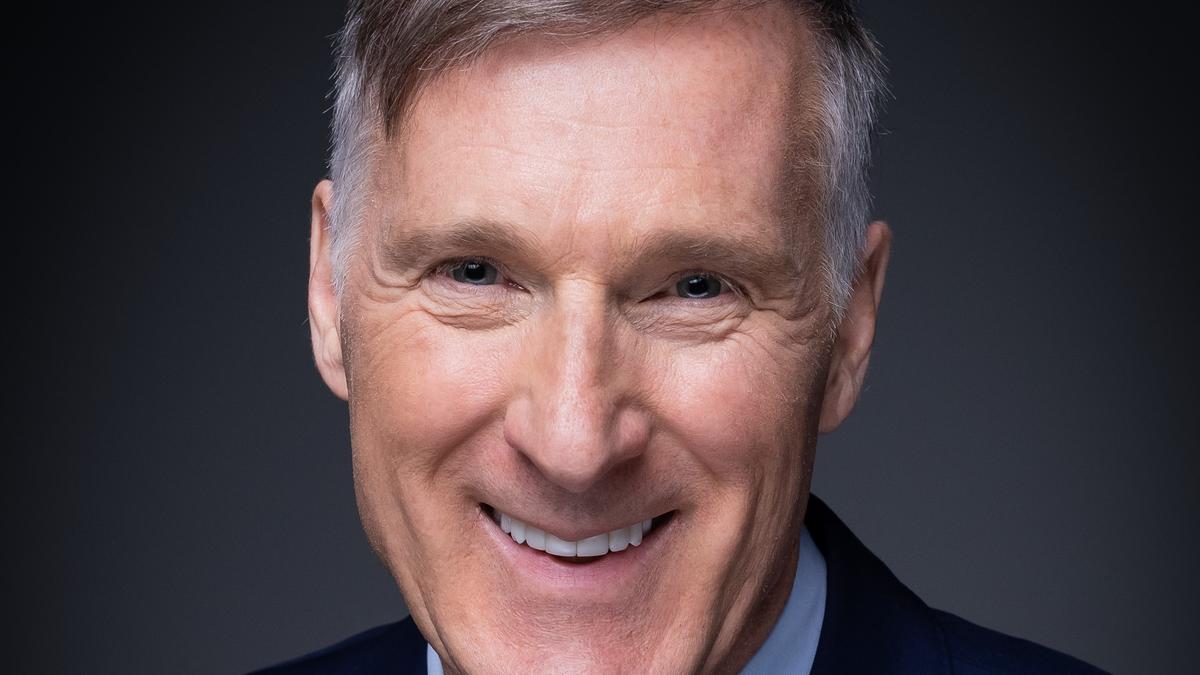
Canadian Opposition leader says Justin Trudeau using Nijjar's murder to divert attention from other controversies
The Hindu
Canadian Opposition leader accuses Trudeau of using Nijjar's murder to divert attention, calls for posthumous citizenship revocation.
A Canadian Opposition leader has accused Prime Minister Justin Trudeau of using Hardeep Singh Nijjar's murder to divert attention from other controversies and asked the government to posthumously take away the Khalistani militant's citizenship to right the past administrative error.
, the leader of the People's Party of Canada, also said the Khalistani militant who is the central figure in the whole controversy was a foreign terrorist who was somehow granted citizenship in 2007.
Royal Canadian Mounted Police (RCMP) said Monday it had identified India's High Commissioner in the country and five other diplomats as persons of interest in the June 2023 killing of Nijjar. The RCMP also said they uncovered evidence of an intensifying campaign against Canadians by agents of the Indian government.
Bernier said if true, allegations made by the RCMP and the Liberal government that Indian diplomats participated in criminal activities on our territory are very serious and should be dealt with.
"So far, however, we haven’t been given any proof. And Trudeau is clearly using this crisis to divert the attention from other controversies," he said.
Bernier said Nijjar was a foreign terrorist who used fraudulent documents to claim asylum in Canada several times.
"One myth should be dispelled though: That the central figure in this controversy, Hardeep Singh Nijjar, the Khalistani militant who was murdered last year, was a Canadian. He was actually a foreign terrorist who used fraudulent documents to claim asylum in Canada several times starting in 1997. His claims were rejected but he was nevertheless allowed to stay in this country and was somehow granted citizenship in 2007," he said.

The 29th edition of the Conference of Parties (COP29), held at Baku in Azerbaijan, is arguably the most important of the United Nations’ climate conferences. It was supposed to conclude on November 22, after nearly 11 days of negotiations and the whole purpose was for the world to take a collective step forward in addressing rising carbon emissions.










